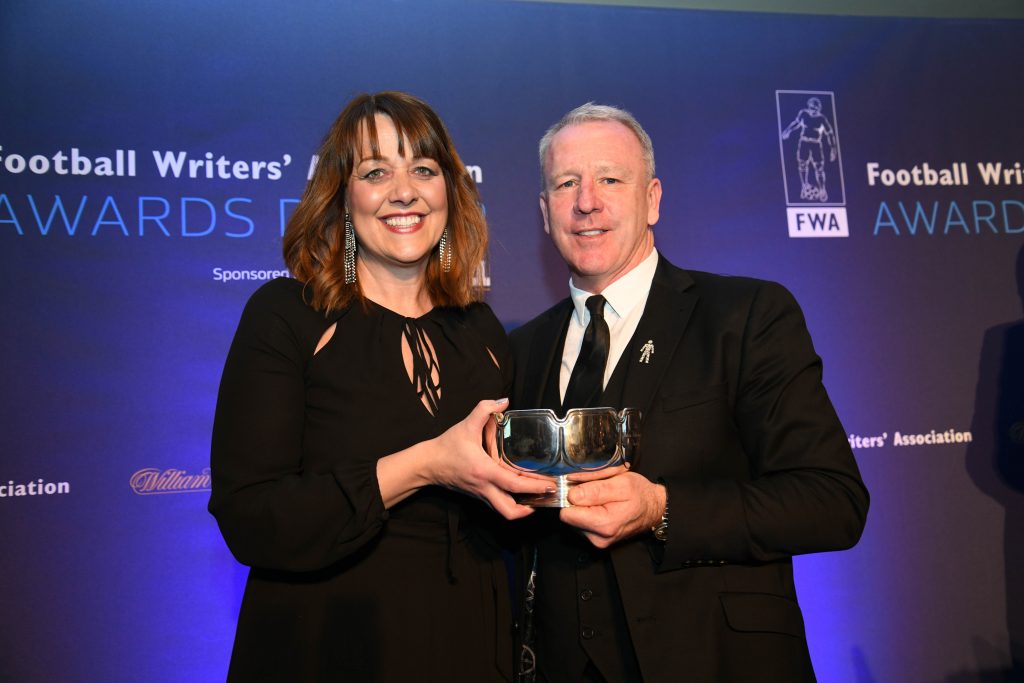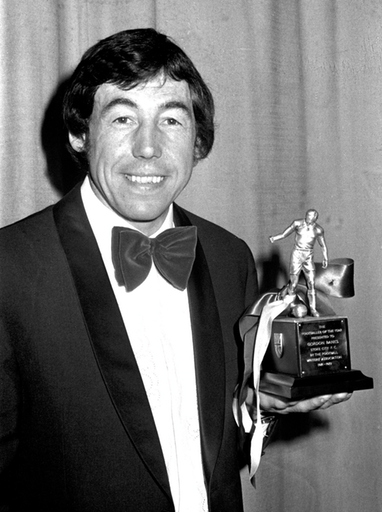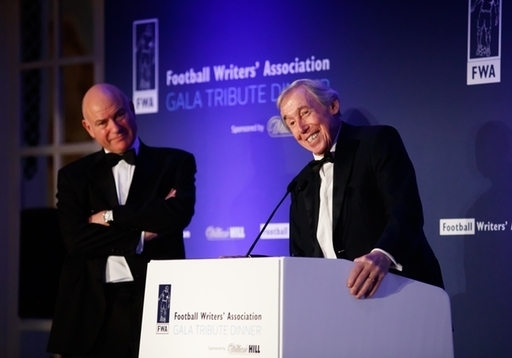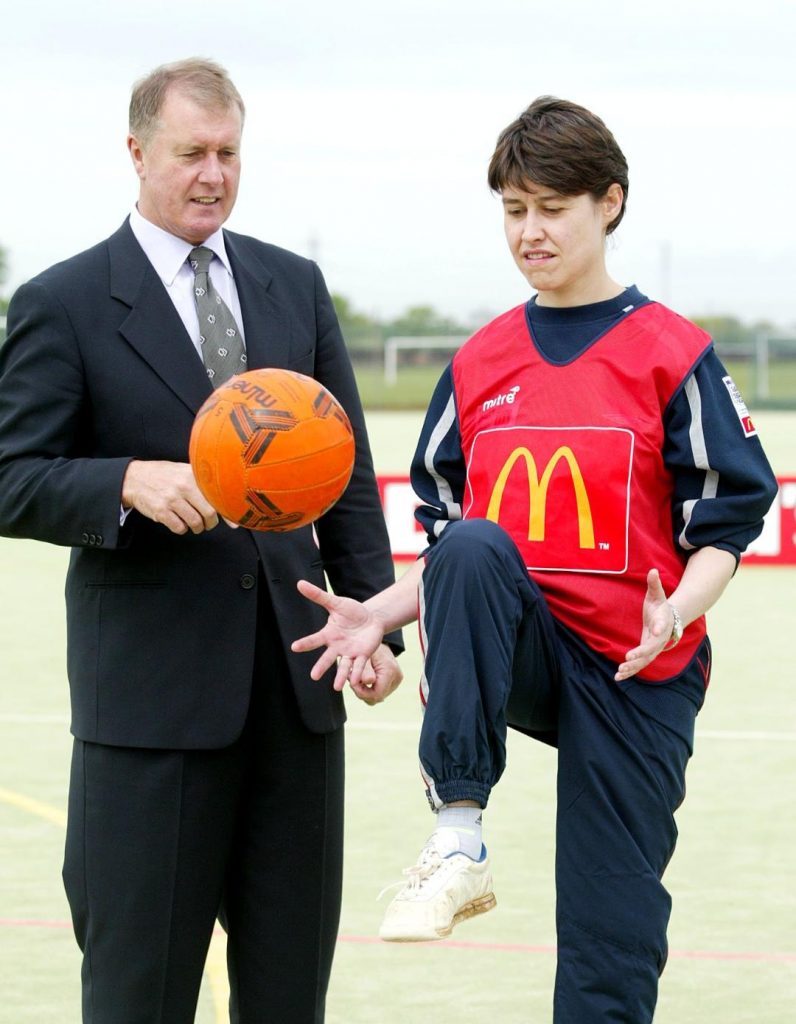Alan Shearer led a glittering line-up at the North East FWA’s annual awards dinner, as the former Newcastle and England captain collected the region’s Personality of the Year award, in association with the Sir Bobby Robson Foundation.
Shearer was one of many famous football faces at the Ramside Hall, Durham, for another great evening that was superbly organised as ever by Colin Young, secretary of the North East branch of the FWA.
Newcastle goalkeeper Martin Dubravka collected the Player of the Year award, while Sunderland’s manager Jack Ross picked up the Young Player of the Year award on behalf of the club’s former striker Josh Maja.
Beth Hepple of Durham was voted Womens’ Player of the Year, and presentations were made to Stockton Town, South Shields and Marske United in recognition of their successes in non-league football last season.
There were also special awards for two people who have worked closely with the FWA over the years. Adrian Bevington, former head of communications for Middlesbrough and England who is now Boro’s head of recruitment, was presented with the Bob Cass award for his outstanding contribution to North East football.
And Louise Wanless, who also worked at Boro before becoming head of communications at Sunderland, won the John Fotheringham Award.
Steve Harper spoke wittily about his good friend Shearer, who then gave an insight to his life as a player turned pundit, in a Q and A session with BBC’s Ian Dennis who conducted his Master of Ceremonies duties with superb professionalism.
Shearer has raised over £11m for charities since retiring, and said he gets more satisfaction from his charity work than any of his many achievements on the pitch. The Sir Bobby Robson Foundation, for whom Shearer is a patron, was also represented.
Other former players included Gary Pallister, Kevin Ball, Jim Montgomerie, Craig Hignett, Martin Gray and John Hendrie. The FWA National Committee was represented by former Chairman Steve Bates, Gerry Cox and Paul McCarthy, and the evening was supported superbly by our sponsors William Hill.
“This is always a special night, bringing together the region’s football family and celebrating the best of the game,” said Colin Young, who paid special tribute to the Ramside Hall for hosting the event.
“The focus is often on the Player of the Year awards and we were proud to honour both Martin Dubravka and Beth Hepple.
“However, it’s also very important that we recognise the significant contributions made by dedicated individuals within the game and the wider community, and we were grateful to have the opportunity to do that last night.”














